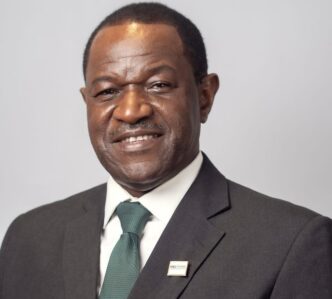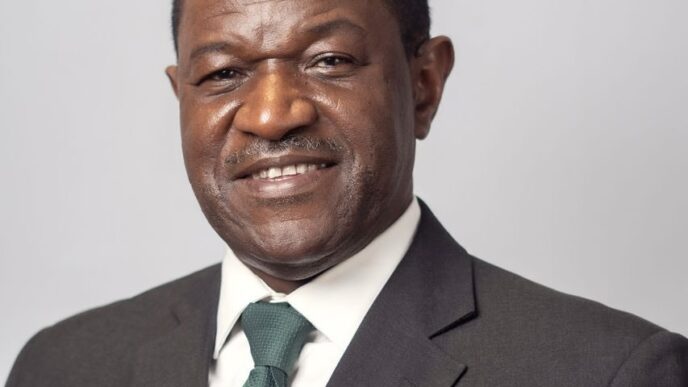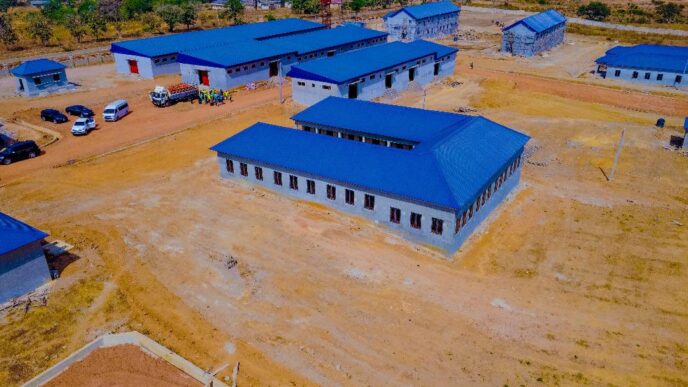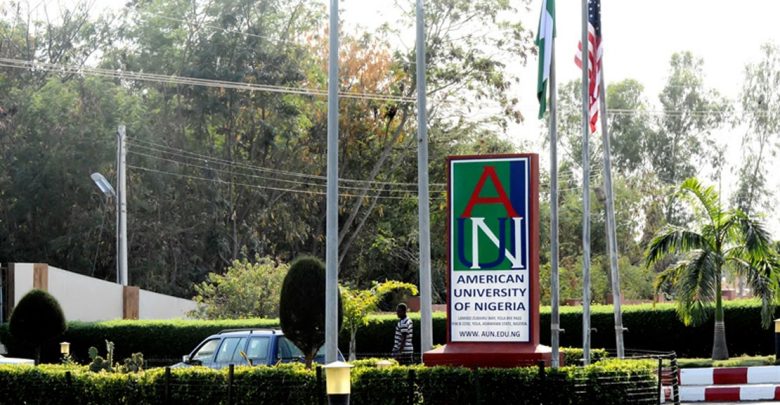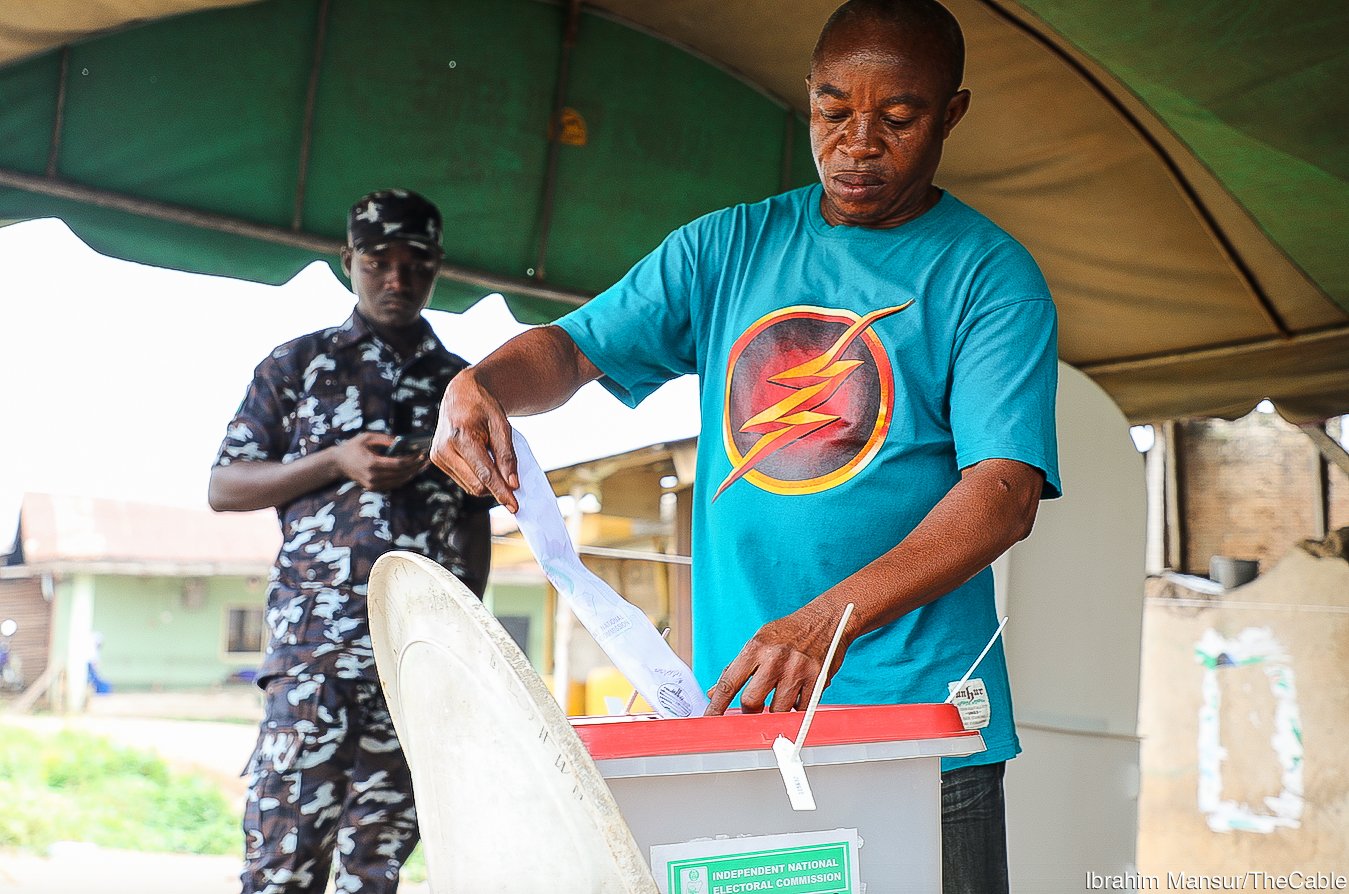File photo
BY TIMI OLAGUNJU
In the earliest days of human communication, forgetting was natural. We forget stories, mistakes, and even identities, often for society’s healing. But today, in Nigeria’s rapidly digitising economy, forgetting is no longer an organic process. What we say, do, or click is archived, analysed, and monetised, especially by digital giants who partner with telecom operators.
This brings me to the recent MTN–Meta partnership announced in April 2025, first launched in the Nigerian market.
Announced as a ‘network optimisation’ to improve WhatsApp call quality, the collaboration seems harmless, even helpful. But as history teaches us, the road to hell can be littered with good intentions. If this deal results in WhatsApp receiving preferential treatment, while other communication platforms (Signal, Telegram, or Zoom) are deprioritised, then we are not optimising; we are quietly creating a walled garden internet. That should alarm everyone from regulators to regular Nigerians.
Advertisement
This situation offers us the moment to revisit the internet governance principle of net neutrality -that all internet traffic must be treated equally by service providers. Without it, the digital world becomes a pay-to-play system, where telcos and tech giants decide what apps succeed, what content loads fastest, and ultimately, what choices users get to make.
We have seen this playbook before. In 2016, Airtel and Facebook launched Free Basics in Nigeria, offering ‘free’ access to Facebook-approved services. It sounded philanthropic but violated the essence of an open internet. I wrote about it then, the Ministry of Comms reached out, Mark’s team reached out (when the now Minister of Comms, Bosun Tijani, brought him to Nigeria same year). I gave my piece – spoke truth to power!
The next year [2017], Nigerian Communications Commission [NCC] drafted a Net Neutrality Code of Practice. The pushback mattered then, and the deal was shelved. But now, MTN has revived Free Basics, and added a new twist with Meta (WhatsApp).
Advertisement
When telcos favour one platform, others suffer, not just foreign competitors or platforms, but local Nigerian start-ups who cannot afford such deals. When WhatsApp is ‘optimised’ while others are not, users naturally migrate toward what works better. That is not free choice; it is engineered consent. Over time, it reduces innovation, stifles competition, and erodes digital sovereignty, our right as a nation to shape our technological future.
So, what should Nigeria do differently? I’ll share a few proven thoughts – like they say – advice is free, consulting costs a fee’ (giggle).
First, for swift and substantive impact, the Nigerian Communications Commission (NCC) and NITDA can move decisively beyond aspirational policy frameworks and enact binding, enforceable net neutrality regulations. These regulations should categorically prohibit discriminatory data optimisation and zero-rating arrangements unless such advantages are made equitably available to all similar platforms. To eliminate existing loopholes, the rules must require full public disclosure of telco–platform agreements that influence data flow, mandate competitive and consumer impact assessments prior to approval, and introduce real-time oversight tools to monitor compliance and benchmark fairness.
Second, Nigeria must institutionalise radical transparency. All telco–tech partnerships that affect content access or internet performance should be submitted in plain-language summaries to a Digital Access Public Registry, housed and maintained by the NCC/NITDA; either or both. This will give civil society, regulators, and consumers visibility into deals that quietly shape the nation’s digital economy.
Advertisement
Third, the NCC should establish a ‘Fair Access Scorecard’ – a dynamic, public-facing rating system that ranks telcos based on their adherence to open internet principles. This tool will enable regulators to identify violators, empower users to make informed choices, and shine a spotlight on data gatekeepers who compromise neutrality.
Fourth and long-term [not immediate], Nigeria needs a Digital Competition Fund, backed by a small data equity levy on dominant platforms operating at scale. Managed independently, this fund would invest in local innovators, supporting the creation of secure, Nigerian-built alternatives to foreign-dominated apps, particularly in sectors such as messaging, e-commerce, and education.
Finally, the national assembly must revive and modernise the Citizen’s Digital Bill of Rights, first presented in 2015 by Paradigm Initiative Nigeria [PIN]. Co-developed with citizens, the bill outlines the rights and freedoms Nigerians deserve online. But I posit that it must now be updated to reflect current digital realities, including some protection for metadata, algorithmic transparency, and platform accountability. A revised version should be passed into law as a cornerstone of Nigeria’s digital sovereignty agenda.
The MTN–Meta deal is a warning, not a win. If we sleep on this, Nigeria may wake up one day to find that what millions can access online is no longer a matter of individual choice, but private contracts signed in silence. The time to act is now, because the internet must remain a public square, not a private garden where some platforms are more equal than others.
Advertisement
Timi Olagunju is a lawyer and AI governance, public policy expert, a Master in Public Administration (MPA)/Mason Fellow, Harvard University’s Kennedy School of Government. He is a partner, The Timeless Practice in Lagos; a former policy fellow at Global Integrity in Washington D.C; a 2024 Internet Society EC Fellow; an IRI Gen-Dem Advisory Board member; and a recipient of the Mandela Washington Fellowship in 2015. You can follow him on Twitter @timithelaw
Advertisement
Views expressed by contributors are strictly personal and not of TheCable.

